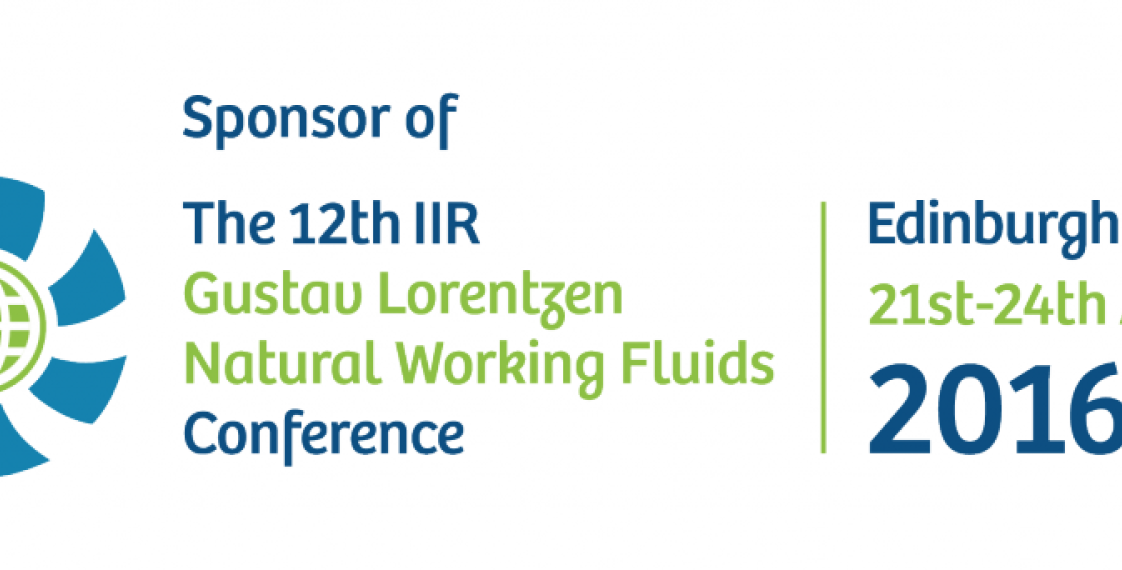COMPLETELY NATURAL REFRIGERATION: EPTA WAS IN EDINBURGH FOR THE XII GUSTAV LORENTZEN NATURAL WORKING FLUIDS CONFERENCE 2016

<p>The Epta Group was a <em>sponsor</em> of the XII <strong><em>IIR Gustav Lorentzen Natural Working Fluids Conference</em></strong>, which was held in <strong>Edinburgh </strong>at the new Conference Centre built for the occasion at the heart of the Heriot-Watt University Campus.</p>
<p>The Conference programme included 150 speeches, distributed throughout the three-day event, to examine the topic of natural refrigerants both in professional terms and on a purely scientific level. The numerous speakers included the following Epta Group staff: <strong>Daniele Mazzola, Epta System Engineering R&D, Maurizio Orlandi, Manager of the Epta Innovation Center and John Austin-Davies, Commercial Director of Epta UK </strong>and Fellow of the Institute of Refrigeration, who was also appointed as its Chairman for two technical sessions. The three papers illustrated by the Group contained experimental data on the use of cabinets with <strong>CO<sub>2</sub> refrigeration units connected to a water loop</strong>, the analysis of results from an <strong>all-in-one transcritical </strong><strong>CO<sub>2</sub> solution </strong>that enables refrigeration systems to be integrated with a building’s own system and, finally, a study of the <strong>performances of transcritical CO<sub>2</sub> systems with subcooling in hot and temperate climates.</strong></p>
<p>This event of global significance focused on three main issues: the <strong>future of transcritical CO<sub>2</sub> systems</strong>, the possibilities offered by the <strong>increase in the limit load of hydrocarbons </strong>and the technological evolution in <strong>natural refrigerant systems through subcooling.</strong></p>
<p>The Conference was organised by the global organisation IIR International Institute of Refrigeration in collaboration with the <strong>Institute of Refrigeration UK</strong>, It brings together around <strong>2,000 professionals working in the field,</strong> and constitutes a resource of primary importance for developing refrigeration technologies that promote the wellness of the public at large.</p>